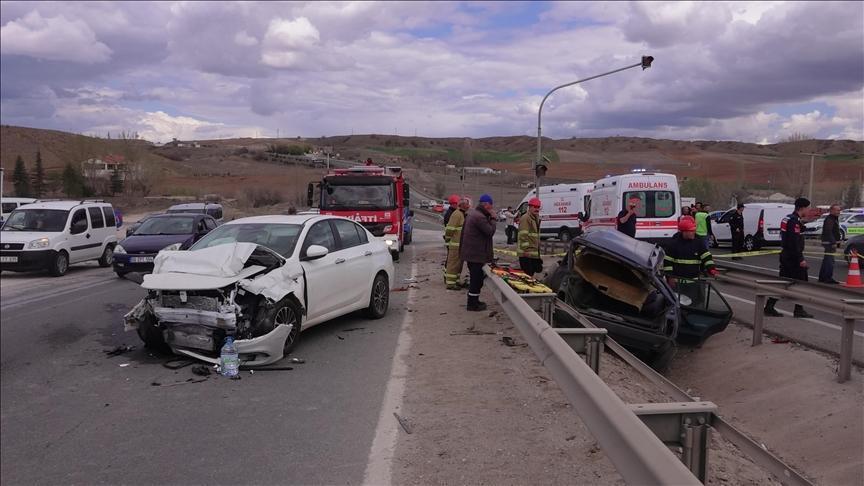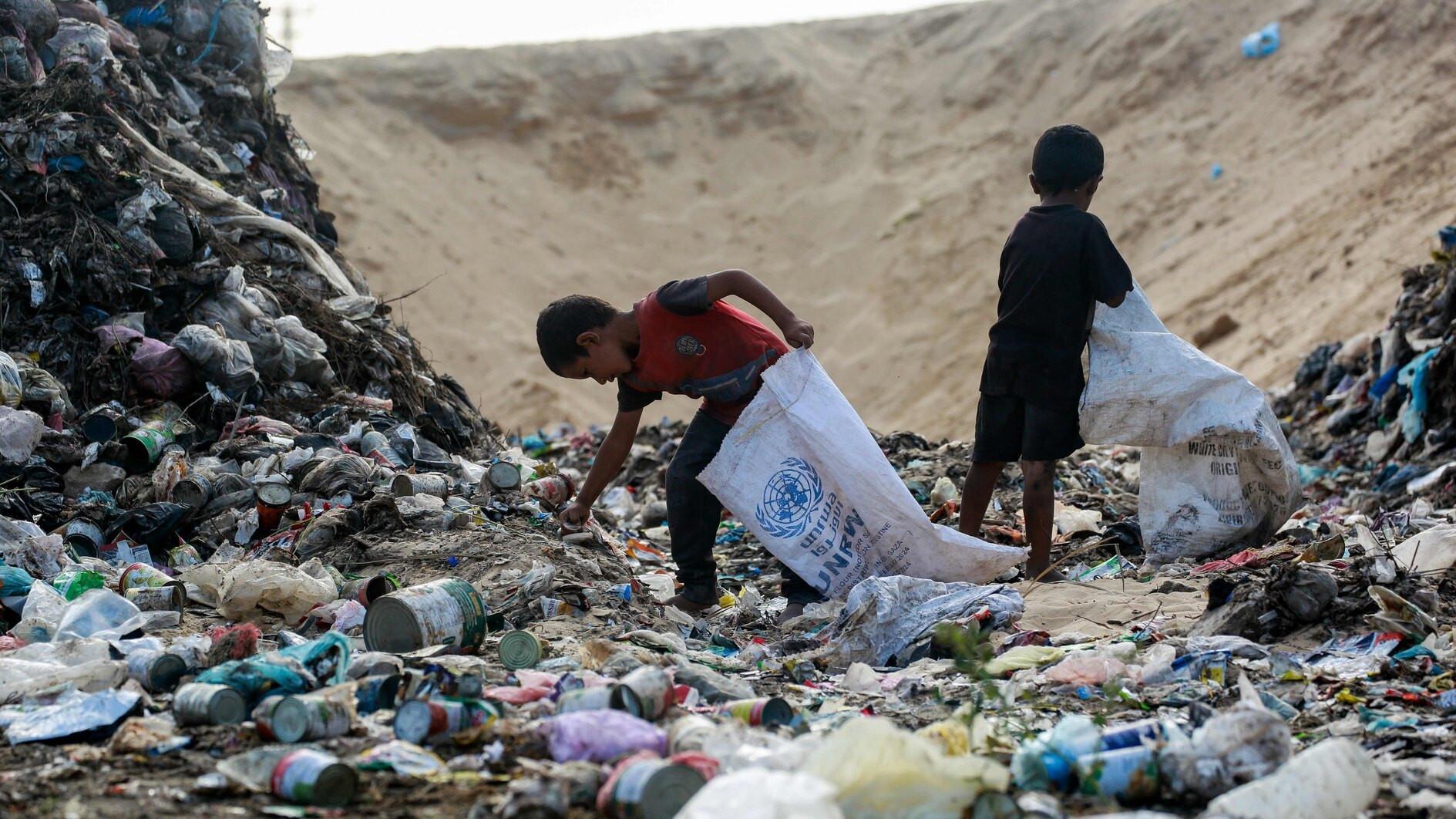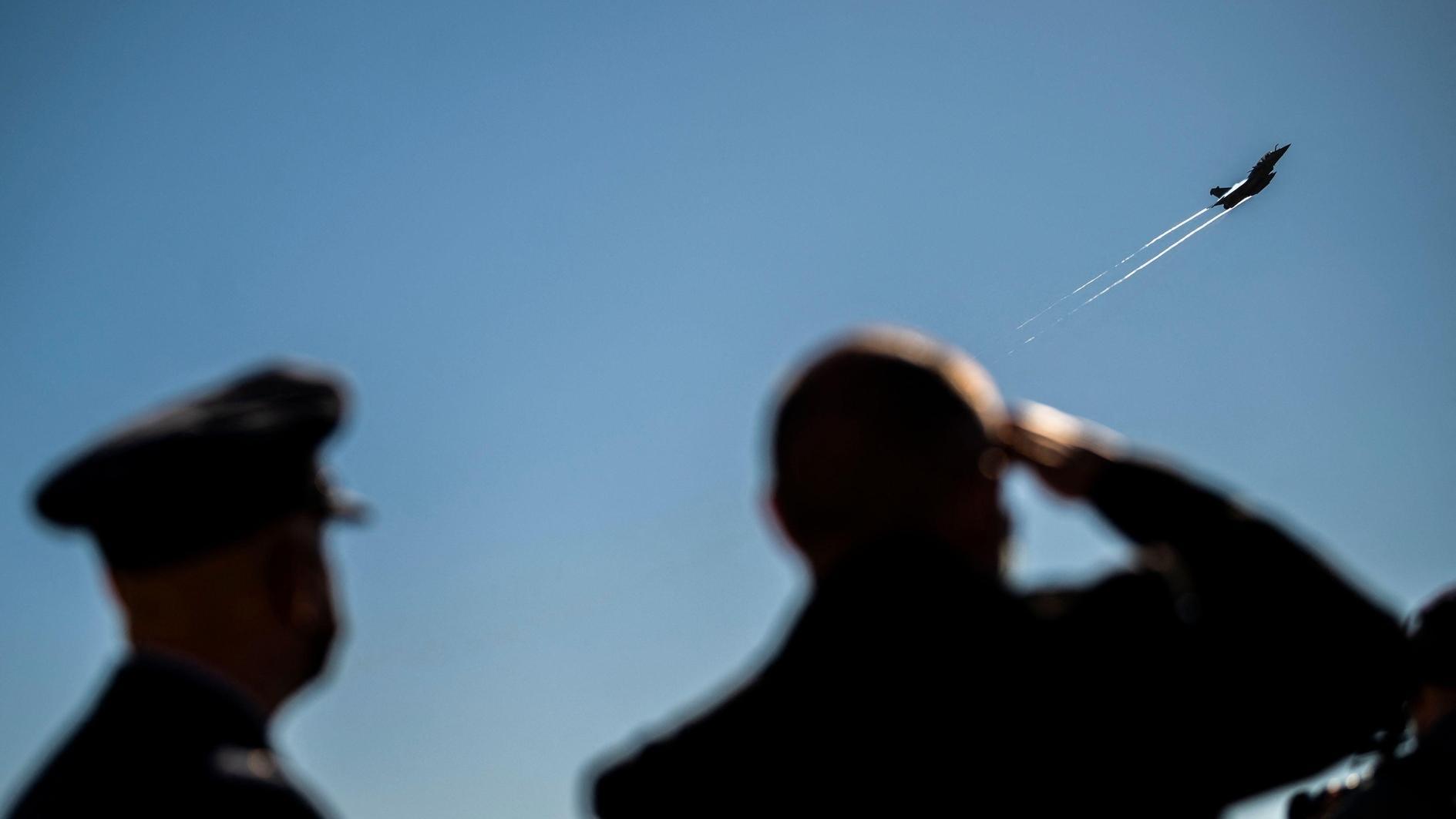Stop asking Turkey to confront ISIL alone
BERNARDO PIRES DE LIMA – ERIK BRATTBERG
When the current Turkish Prime Minister Ahmet Davutoğlu was in charge of the country’s foreign policy, he outlined a bold principle for its regional behavior: “zero problems with neighbors.” But after the Arab Spring and Islamic revolts erupted from North Africa to the Middle East, that motto had to be adapted to reality. Today, Turkey is confronting “zero neighbors without problems” – some of them caused by civil wars in Syria and Iraq and others by internal political dysfunction in Lebanon and Egypt. But it is a non-state threat that is damaging the region the most: the Islamic State of Iraq and the Levant (ISIL).This brutal hub of global jihadists not only wants to redesign the modern Middle East map, feed itself with organized crime and terrorize non-Sunni ethnic communities, but also to spread its actions to the borders of relatively stable states like Jordan, Lebanon and Turkey. Despite the U.S.-led air campaign, they are now close to the Syrian-Turkish border, currently attacking the Syrian-Kurdish town of Kobane.
Despite the security threat on its border and the influx of hundreds of thousands of Syrian refugees, Turkey has so far resisted any unilateral action inside Syria. However, this decision is not altogether surprising considering that Ankara’s policy of non-intervention in neighboring states remains popular in public opinion at home. Moreover, from a Turkish point of view, the threat from ISIL must be weighed against the prospects of keeping the Bashar al-Assad regime in power, boosting Kurdish ambitions, and damaging its diplomatic ties in the Middle East.
As a result, Ankara seems determined to only act if Turkish territory is at stake. Hence, the sight of Turkish tanks on the Syrian border overlooking Kobane but not intervening. For Ankara to contemplate taking wider military action against ISIL, it wants stronger international backing, including the establishment of a U.S.-led no-fly zone and safe zone inside Syria that could stop the flow of refugees and boost Syrian opposition groups fighting al-Assad. In other words, Turkey does not want to be dragged into the quagmire in Syria by responding unilaterally to what they consider an ISIL trap.
While Ankara’s position of non-intervention seems sensible from a Turkish point of view, it has become subject to growing criticism in Western capitals. Some Western analysts have recently even gone as far as to call for Turkey to be kicked out of NATO. With the humanitarian catastrophe in Kobane worsening by the day, the pressure on Ankara to act to stop the ISIL advance and to assist the Syrian Kurdish population is now enormous.
But is it really fair to ask Turkey to send its own ground forces into Syria when the West is not willing to do the same? Let’s be clear: U.S. President Barack Obama’s limited air strategy and the lack of regional support for it is not working. The ISIL threat is still spreading and a NATO member is now in danger across its border. This unwillingness to employ real force against ISIL could come back and bite the West. If this situation gets worse, Ankara may be forced to act fast in self-defense. In the event of an uncontrolled situation on its territory, Turkey could also evoke NATO’s Article 5, forcing allies to come to its aid. Although no one would question the legality of such a mission (whether under a Security Council resolution or not), the result would be that NATO would be drawn into an all-out Middle Eastern war.
And this without an exit timetable or a clear definition of what constitutes success – a situation not entirely unlike the previous missions in Afghanistan and Libya.
Such an increasingly plausible scenario begs the question of whether NATO allies are prepared to respond. So far, NATO has ruled out playing a role in the Iraqi-Syria conflict. Instead, we have seen a preference for a coalition of the willing model. But in the event of a call from Turkey to assist, NATO must inevitably prepare a serious operational plan. But whether such a request will come or not, NATO’s goal should be to help Turkey choosing the best option to deal with ISIL, rather than merely pressuring it to act alone.
This means that NATO should consider whether to deploy combat troops on the ground, set up a no-fly zone and a safe zone, or just reinforce the White House’s air-campaign strategy. It also means that Europeans must do much more than keeping to the sidelines, pretending this has nothing to do with their security. And it finally means that the West needs to recognize that there is no such thing as Western solutions to each and every crisis around the world: it has to pursue stronger partnerships and bring in influential regional players to share the burden of common security. ISIL is a cancer spreading metastases everywhere.
Ultimately, Turkey should not be left alone to confront ISIL. The West must have its back. While the Atlantic alliance is clearly preoccupied with addressing challenges in the East, the threat from the South to one of its most important allies cannot be overlooked any longer. Going forward, it is clear that Turkey must play a more active role against ISIL, but it cannot do so alone. A real debate in Western capitals about how to help Turkey is thus called for.
Bernardo Pires de Lima is a non-resident fellow at the SAIS Center for Transatlantic Relations at the Johns Hopkins University in Washington and a researcher at the Portuguese Institute of International Relations in Lisbon. Erik Brattberg is a senior fellow at the McCain Institute for International Leadership in Washington and an associated researcher at the Swedish Institute of International Affairs in Stockholm.











